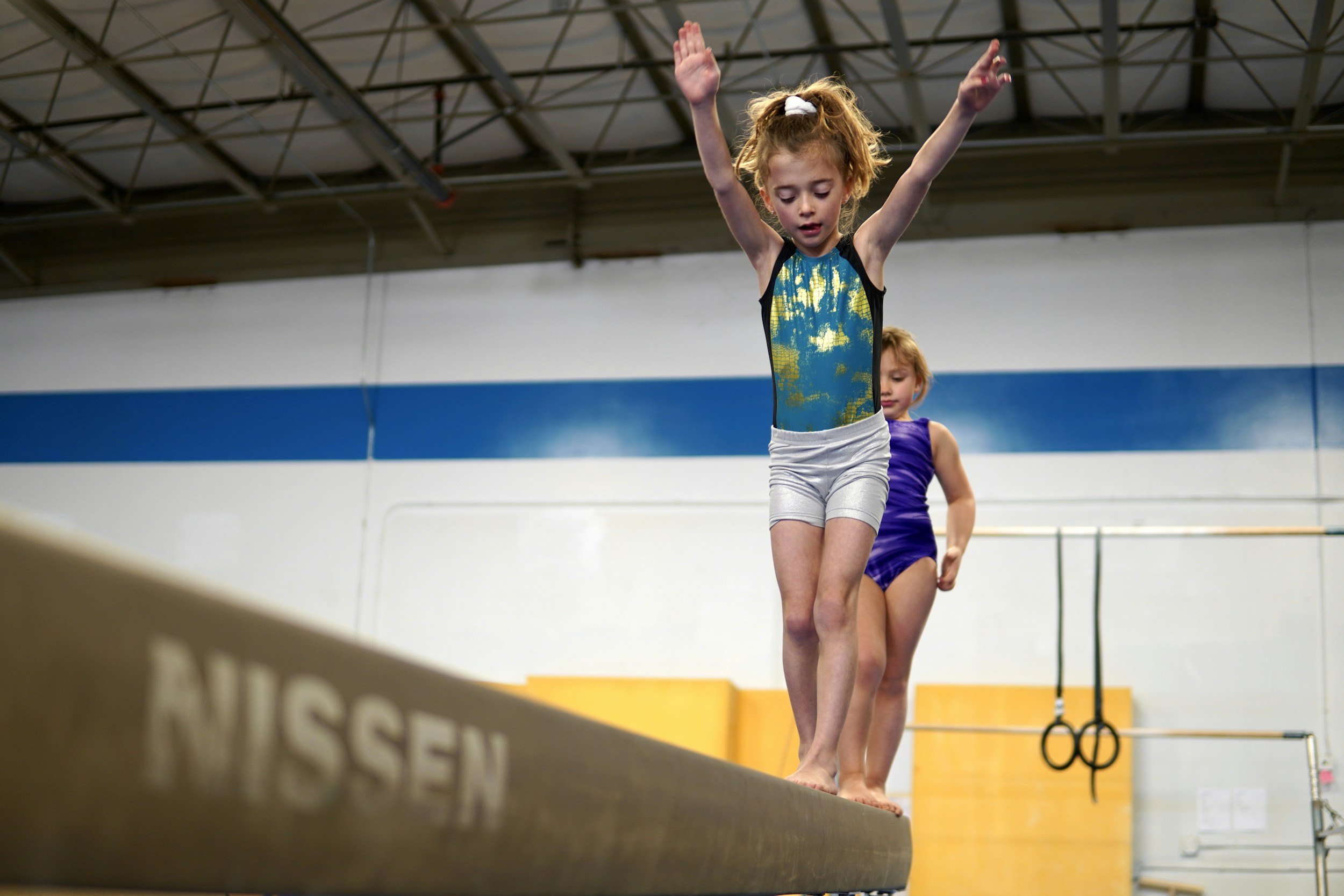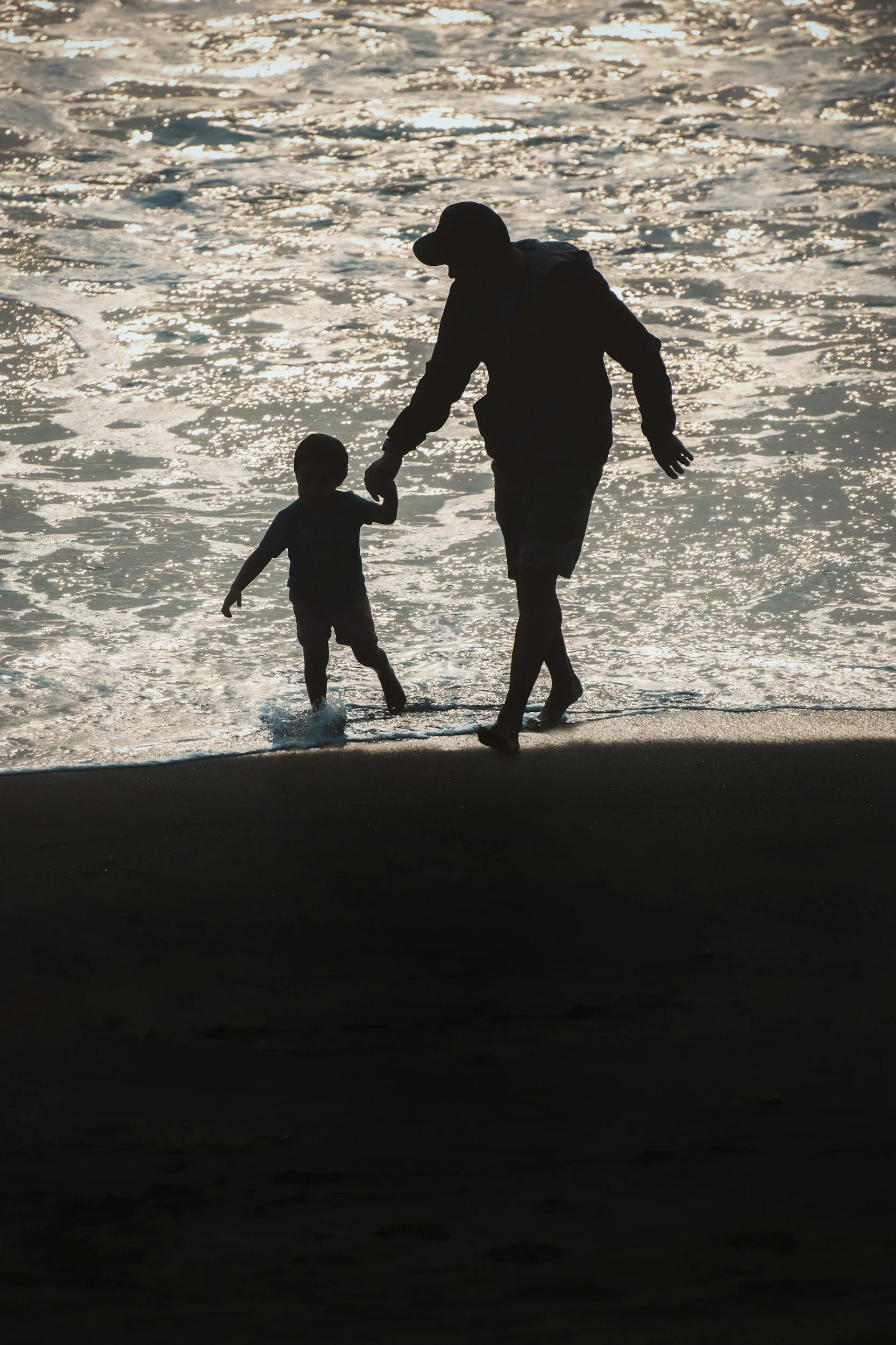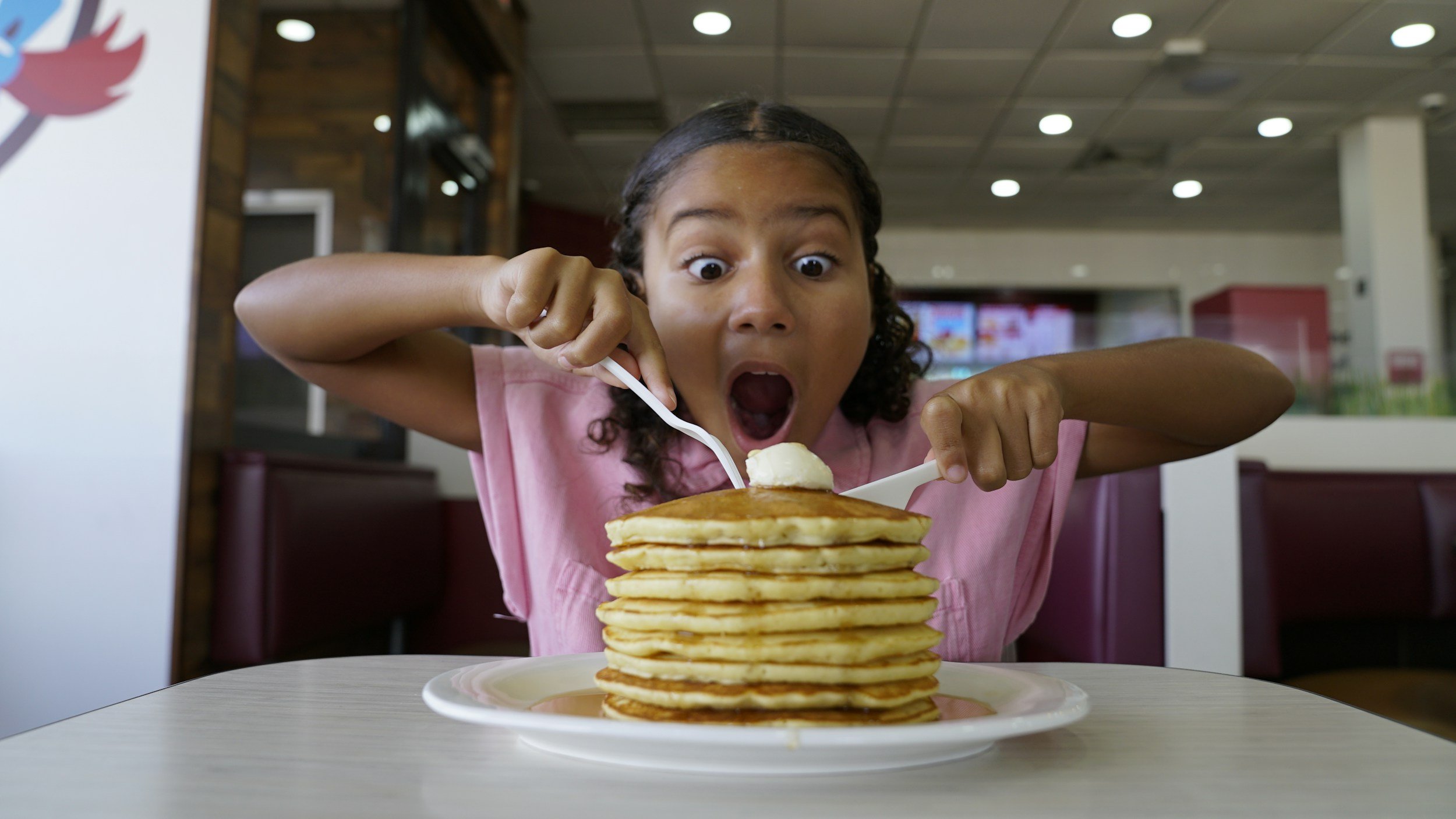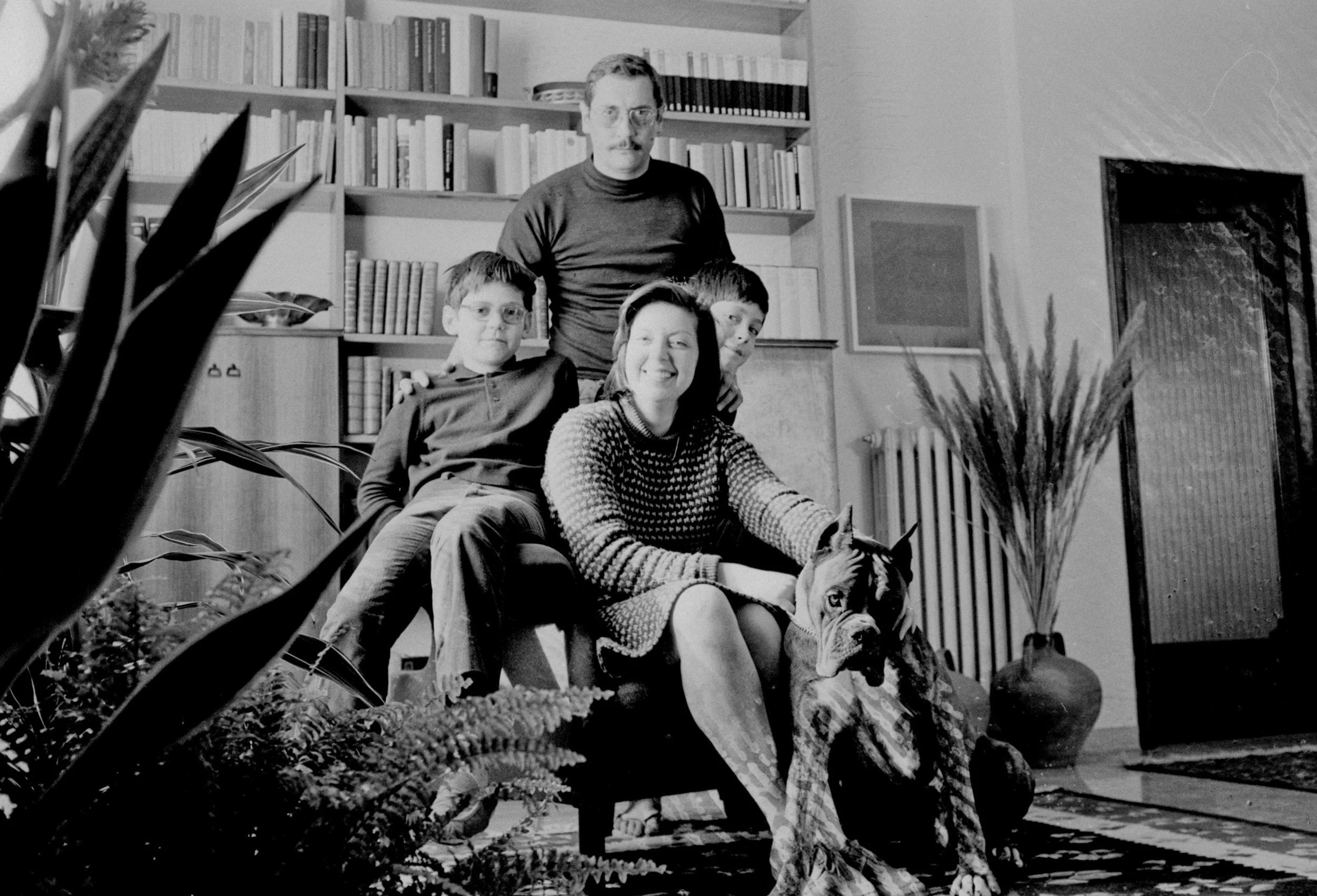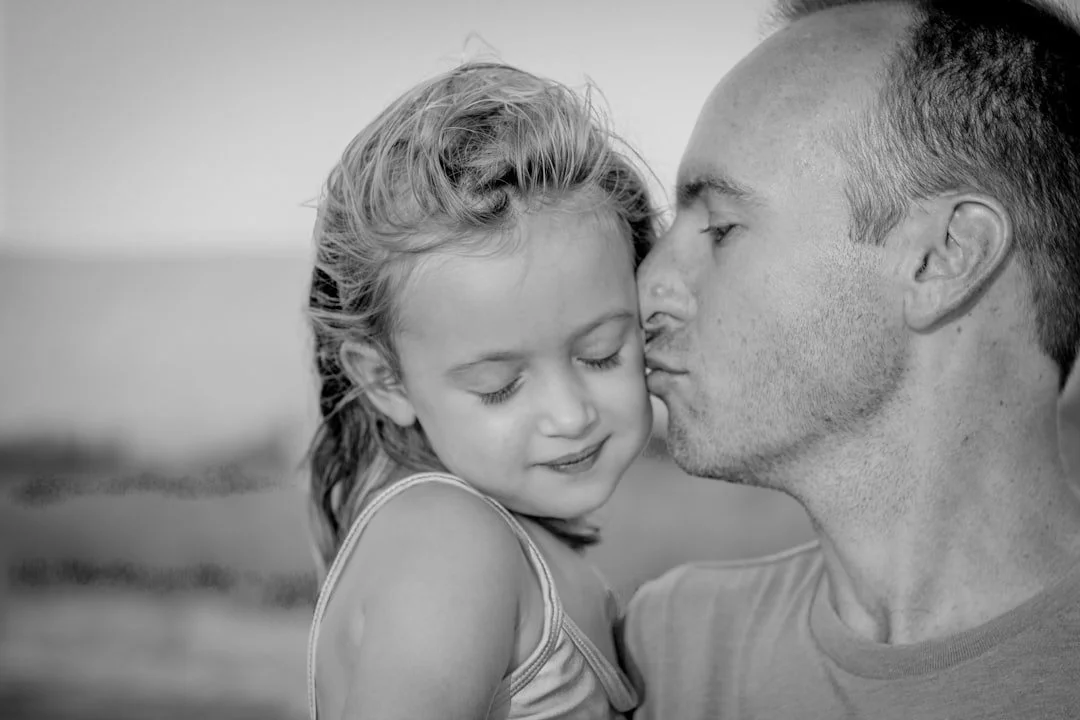
Welcome to my Blog
Thank you for stopping by. This space is where I share research, reflections, and practical tools drawn from my experience as a marriage and family therapist with an international practice.
I write about what happens to desire, attachment, and meaning once the early myths stop working.
Are you a couple looking for clarity? A professional curious about the science of relationships? Or simply someone interested in how love and resilience work? I’m glad you’ve found your way here. I can help with that. I’m accepting new clients, and this blog is for the benefit of all my gentle readers.
Each post is written with one goal in mind: to help you better understand yourself, your partner, and the hidden dynamics that shape human connection.
Grab a coffee (or a notebook), explore what speaks to you, and take what’s useful back into your life and relationships.
And if a post sparks a question, or makes you realize you could use more support, I’d love to hear from you. Let’s explore the scope of work you’d like to do together.
Be Well, Stay Kind, and Godspeed.
~Daniel
P.S.
Feel free to explore the categories below to find past blog posts on the topics that matter most to you. If you’re curious about attachment, navigating conflict, or strengthening intimacy, these archives are a great way to dive deeper into the research and insights that I’ve been sharing for years.
- Attachment Issues
- Coronavirus
- Couples Therapy
- Extramarital Affairs
- Family Life and Parenting
- How to Fight Fair
- Inlaws and Extended Families
- Intercultural Relationships
- Marriage and Mental Health
- Married Life & Intimate Relationships
- Neurodiverse Couples
- Separation & Divorce
- Signs of Trouble
- Social Media and Relationships
- What Happy Couples Know
Inclusive Gymnastics for Neurodivergent Kids: What SpectrAbilities-Style Programs Actually Offer
There is something quietly subversive about a gym that says, without fanfare:
“We will adjust.”
Not adjust the child.
Adjust the room.
Programs often described as SpectrAbilities-style adaptive gymnastics are built around that premise.
They are designed for children who experience the world a little differently — children with autism spectrum profiles, ADHD, sensory processing differences, motor delays, social anxiety, or simply a nervous system that does not thrive in loud, fast, comparison-heavy environments.
These programs are not competitive pipelines. They are not performance factories.
They are structured movement environments built around access.
Let’s talk plainly about what that means.
Warm Dads, Lower CRP: The Least Sentimental Take on a Surprisingly Physical Finding
Gentle readers, here is the part nobody puts on the parenting bookshelves: your infant can’t file a complaint, but their body is already taking notes.
A longitudinal study in Health Psychology—the one with the extremely unsexy title “Longitudinal associations between father– and mother–child interactions, coparenting, and child cardiometabolic health” —followed first-time families from pregnancy through roughly age seven and found a clean little chain of associations:
When fathers were warmer and more sensitively engaged with their babies at ~10 months, those families later showed less “competitive-withdrawn” coparenting at ~24 months, and the children later showed lower CRP and lower HbA1c around age seven.
Not a morality play. Not “moms don’t matter.” Not “dads fix inflammation with peekaboo.” Just a systems result with bloodwork.
When Child-Centered Parenting Consumes the Marriage
It is now widely accepted—and largely correct—that children do not develop inside dyads.
They require systems.
Predictable routines.
Redundant care.
Stable rhythms that do not depend on one adult’s mood, stamina, or emotional availability on a random weekday evening when everyone is already late and someone is crying about the wrong color cup.
Children need systems because children are not reciprocal.
They cannot share load.
They cannot repair rupture.
They cannot stabilize adults when the structure wobbles.
That insight was a genuine advance.
The trouble began when we quietly decided that because children require systems, the system itself should revolve around them.
Why Children Disappear in Adult-Autonomy Discourse
Modern American relationship culture is fluent in one language above all others: adult autonomy.
Who chose whom.
Who consented.
Who owed what—and to whom.
This framework has done real good. It dismantled moral panic, reduced sexual shaming, and re-centered personal agency where it belongs.
But it has a blind spot.
Children.
Music Training May Buffer Children Against the Cognitive Toll of Poverty
Music education is often treated as enrichment—something expressive, cultural, and ultimately optional.
A large longitudinal study suggests it may be something else entirely: a stabilizer.
For children growing up in economically disadvantaged neighborhoods, sustained music training appears to protect language development from the academic drag of poverty.
Using data from the Adolescent Brain Cognitive Development (ABCD) Study—the largest long-term investigation of brain development ever conducted in the United States—researchers examined whether continuous music training is associated with changes in children’s cognitive development over time.
What they found was not a general boost across all abilities, but a specific and meaningful pattern.
Language held.
Estrangement Isn’t a Boundary. It’s What Happens When Love Outpaces Language
Estrangement Is not a moral position. It’s a systems failure.
The Wall Street Journal recently published a piece about mothers who say they are “done being doormats” for their estranged adult children.
The article did what mainstream media often does well: it surfaced a silenced grief. Where it stumbled was scale.
Family estrangement is still being framed as a personal ethics problem—who’s right, who’s toxic, who finally set a boundary—when it is far more accurately understood as a systems breakdown.
Families do not usually fracture because someone is evil.
They fracture because the relationship lost its shared operating language.
Estrangement is not a victory.
It is a ceasefire declared when conversation becomes physiologically unsafe.
When a State Taxes Condoms: China, Fertility, and the Error of Confusing Compliance With Desire
China has decided that condoms and contraceptive pills should now cost more.
As of January 1, a three-decade-old tax exemption on contraceptive drugs and devices has been removed.
Condoms and oral contraceptives are now subject to a 13% value-added tax—the standard rate applied to shampoo, socks, and kitchen appliances.
This is not a technical adjustment. It is a philosophical one.
The policy rests on a familiar and stubborn error: confusing fertility with compliance.
The assumption is that if pregnancy becomes harder to avoid, births will follow.
But fertility has never worked that way—not in Europe, not in East Asia, not anywhere modern life has made adulthood fragile.
People do not have children because they are cornered. They have children because life feels survivable.
Why Modern Families Struggle With Repair More Than Conflict
How partial presence—and a quiet shift in attention itself—erased the moments where healing used to happen.
Families arrive in therapy describing a paradox.
They talk constantly. They coordinate well. They argue less than they used to. And yet something feels inert.
Couples say, “We don’t really fight anymore,” and then fall silent.
Parents describe being physically present while oddly unreachable.
Children become louder, quieter, or more brittle without an obvious cause.
Traditional explanations—communication skills, attachment styles, emotional intelligence—explain parts of this. They do not explain the whole.
It isn’t time together.
It isn’t affection.
It isn’t effort.
It’s repair.
The Collapse of the “Good Family” Myth: When Nothing Is Wrong—but Nothing Is Working Splendidly Either
The most common family problem today is not toxicity or breakdown—it is emotional malnourishment inside systems that still technically work.
I see this most often in what I call emotionally unsustaining families: families that function reliably while quietly failing to nourish the people inside them.
For most of the twentieth century, the definition of a “good family” was simple—stay together, avoid scandal, raise competent adults. Emotional fulfillment was optional. Stability was the achievement.
Social media cracked that myth open—and replaced it with two extremes that leave most families stranded in the middle.
Turns Out Dad’s Inner Life Matters More Than Anyone Admitted
For decades, pregnancy research has treated fathers as emotionally relevant but biologically irrelevant—a position that flatters everyone and explains very little.
Supportive? Yes.
Important? Certainly.
Physiologically consequential? We preferred not to ask.
A new study published in Biopsychosocial Science and Medicine politely corrects this avoidance. It suggests that a father’s psychological resilience—his optimism, self-esteem, sense of mastery, and perceived social support—is associated with lower inflammation in his pregnant wife.
Lower inflammation, in turn, predicts longer gestational length.
Not metaphorically.
Biologically.
Babies, it turns out, stay put longer when dad has his inner act together.
Get this. And the effect appears only in married couples.
Which is where the cultural story gets wicked uncomfortable.
What Autistic Narratives Leave Out—and Why That Matters
This study is not interesting because autistic people tell worse stories.
It is interesting because they tell different ones—and their siblings do too.
The core finding is this: autistic folks and their first-degree relatives reliably produce narratives with lower narrative causality density—fewer explicit explanations of why events occur or how characters feel—despite intact sequencing, attention, and factual precision.
That is not a storytelling failure.
It is a different cognitive contract with the listener.
Is the Family the First Empire to Fall?
Historians are once again warning us about collapse. They tend to do this whenever the world begins to look a bit exhausted—which, lately, is most of the time.
Luke Kemp’s Goliath’s Curse, helpfully dissected in The Atlantic, explains why civilizations eventually fall apart.
It’s never sudden. It’s almost never dramatic.
It’s the slow accumulation of unfairness and silence until ordinary people lose the will to keep the whole thing running.
Anyone who has ever grown up in a family will recognize the pattern instantly.
Families collapse for the same reasons empires do:
too much burden on too few,
too much pretending,
and too little honest conversation.
Historians examine ruins.
Family therapists examine holidays.
Either way, the truth lies underneath the rubble.

